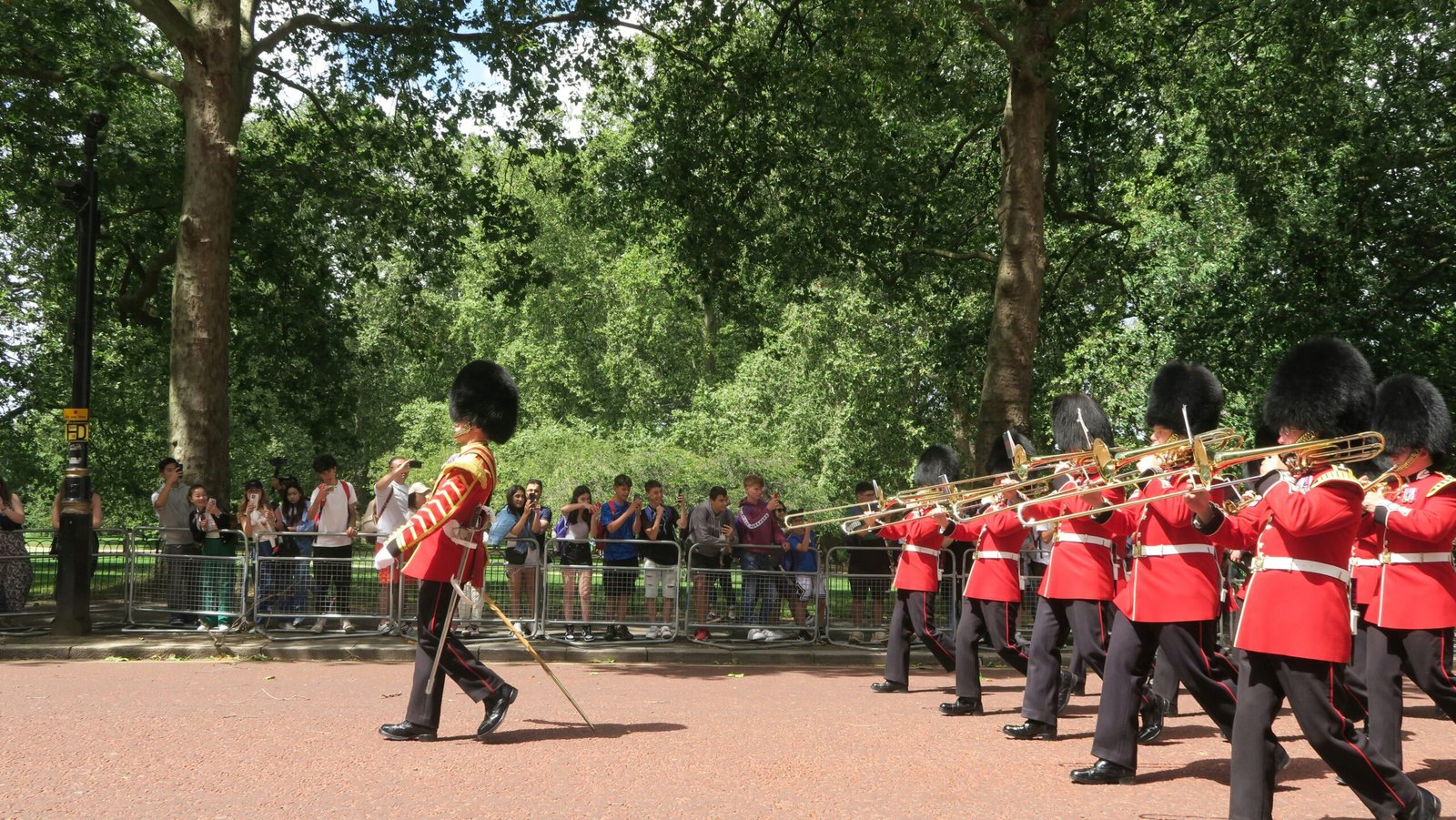The Rich History of British Traditions
The historical roots of British culture are deeply intertwined with ancient customs, rituals, and festivals that have evolved over centuries. These enduring traditions serve as a reflection of the nation’s identity, heritage, and values, playing a crucial role in shaping contemporary British society. From the medieval period to the present day, the continuity and transformation of these traditions illustrate the dynamic nature of British culture.
One of the most iconic ceremonies is the Changing of the Guard at Buckingham Palace, an event steeped in history and pageantry. This ritual, which dates back to the 17th century, not only signifies the transfer of responsibilities but also showcases the ceremonial grandeur that is characteristic of British traditions. The meticulous attention to detail, which includes precision marching and traditional uniforms, highlights the importance of maintaining historical customs in modern Britain.
Another cornerstone of British culture is the Queen’s Speech, delivered annually during the State Opening of Parliament. This address is a significant event in the British political calendar, offering an insight into the government’s priorities for the coming year. The tradition dates back centuries, reinforcing the constitutional role of the monarchy and its relationship with the elected government. It encapsulates the historical evolution of governance in the United Kingdom, demonstrating continuity amid change.
Furthermore, regional traditions such as Morris dancing, Maypole dancing, and various local festivals contribute to the rich tapestry of British heritage. Each region boasts its own unique customs, reflecting local history, folklore, and community spirit. This variety underscores the diversity within British culture, illustrating how various customs have developed over time while remaining integral to the national identity.
As we examine these historical customs and festivals, it becomes evident how they have not only withstood the test of time but also adapted to modern sensibilities, contributing to a vibrant British cultural landscape.
Celebrating British Festivals and Holidays
Britain is synonymous with a rich tapestry of festivals and holidays that reflect its diverse cultural landscape. Among these, Guy Fawkes Night stands out, originating from the failed Gunpowder Plot of 1605. Traditionally observed on November 5th, this event commemorates the discovery of a plot to blow up the Houses of Parliament. Communities celebrate by lighting bonfires and setting off fireworks, embodying a spirit of unity and remembrance. The creation of effigies, commonly known as “Guys,” symbolizes the condemned Fawkes, with children participating in the age-old tradition of asking for “a penny for the Guy,” which showcases the festival’s communal nature.
The Notting Hill Carnival, another iconic event, takes place in August and is recognized as one of the largest street festivals in Europe. With its roots tracing back to the Caribbean, the carnival celebrates London’s multicultural environment through vibrant parades, music, and dance. Over the years, it has evolved into a key event that not only highlights Caribbean culture but also fosters a sense of togetherness among attendees from various backgrounds. Food stalls offering traditional dishes such as jerk chicken and curried goat contribute to the festive atmosphere, enhancing the experience for all participants.
Christmas celebrations, which occur annually on December 25th, are steeped in traditions encompassing both religious and cultural elements. Many families partake in decorating Christmas trees, exchanging presents, and inviting friends over for festive meals, including turkey and Christmas pudding. The custom of caroling adds to the seasonal spirit, as communities join together in song, embracing the joy of the holiday. Various local events, such as Christmas markets, further foster a sense of community, allowing people to come together and partake in seasonal shopping and entertainment.
Through these festivals, one can observe how British culture and traditions thrive, showcasing an enduring communal spirit that remains central to the celebrations.
Language and Literature: The Heart of British Culture
The English language stands as a pivotal element of British culture, embodying its history and evolution while significantly impacting global literature. Emerging from a blend of Germanic dialects introduced by Anglo-Saxon settlers, English has undergone substantial transformations over the centuries. The Norman Conquest in 1066 introduced French and Latin influences, resulting in a rich linguistic tapestry characterized by an extensive vocabulary and diverse expressions. Today, English is not only a national language but a global lingua franca, highlighting the profound reach of British culture.
Famous British authors have profoundly shaped the literary landscape, reflecting the complexities of British society and culture through their works. William Shakespeare, often hailed as the greatest playwright in the English language, has left an indelible mark on literature. His exploration of human nature, social issues, and relationships resonates with audiences worldwide. Similarly, the novels of Jane Austen provide keen insights into the social-class dynamics and gender roles of the 19th century, revealing the intricacies of British life during her time.
Charles Dickens, another towering figure, depicted the struggles and triumphs of the underprivileged in Victorian England through compelling narratives. His characters and settings serve as a window into the era’s challenges, emphasizing themes of social reform and morality. These authors’ contributions reflect not just their personal perspectives but also the societal values and issues prevalent in Britain.
The linguistic diversity across the UK further enriches British culture, with variations in dialects and accents showcasing regional identities. From the Cockney slang of London to the Geordie expressions of Newcastle, the English language is a living entity that continues to evolve. This diversity fosters a sense of belonging and community, underlining the cultural depth embedded in the language itself. In conclusion, language and literature remain integral to understanding British culture, illustrating the nation’s historical journey and its ongoing narrative in the world.
British Cuisine: Traditions on a Plate
British cuisine is a rich tapestry of cultural influences and regional specialties that have evolved over centuries. The culinary landscape is defined by traditional dishes such as fish and chips, which hails from the 19th century, and the Sunday roast, a quintessential family meal. Originating from England’s agrarian society, the Sunday roast often features meats like beef or lamb, accompanied by roasted vegetables and Yorkshire pudding, embodying the communal spirit of British dining.
In addition to these widely known icons, there are notable regional dishes that further illustrate the diversity of British cuisine. Haggis, for example, is a celebrated dish in Scotland made from a mixture of sheep’s heart, liver, and lungs, blended with oats and spices. Cornish pasties, originating from Cornwall, are another regional favorite, consisting of pastry filled with meat and vegetables, traditionally eaten by miners due to their portability. Each of these traditional dishes not only reflects the local ingredients but also the customs and values inherent in British culture.
As tastes and lifestyles evolve, so too does British cuisine. Recently, there has been a notable shift towards contemporary dining trends, including an increasing emphasis on local and seasonal produce. The food market phenomenon has gained traction, with vibrant local markets showcasing artisanal products and enabling consumers to engage directly with producers. The farm-to-table movement is also on the rise, promoting sustainability and a more conscious approach to food consumption. This evolution in British cuisine bridges the gap between tradition and modernity, ensuring that the culinary habits of the past continue to thrive while adapting to today’s health-conscious and environmentally-aware society.

